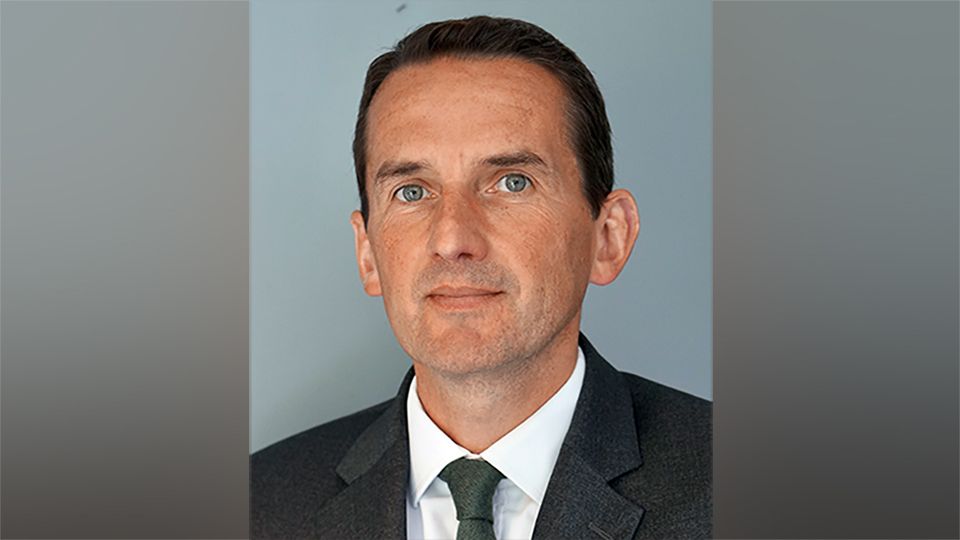Efforts to direct capital into emerging market net-zero projects are facing an unintended obstacle from Sustainable Finance Disclosure Regulations (SFDR), with too few firms meeting the European Union’s high bar for investment, according to analysis by MSCI.
The findings are part of MSCI’s Sustainability and Climate Trends to Watch for 2024 report, which also raised concerns about ‘orphaned emissions’ from attempts by companies to hide data in their climate reporting, despite a new wave of disclosures.
To meet net-zero ambitions by 2050, $5trn is needed in global investments every year between now and 2030, and 40% of that needs to go to emerging markets, the Global Financial Stability Report for the International Monetary Fund stated in October 2023.
However, MSCI’s research suggests emerging-market companies are at a disadvantage as they are failing to meet the EU SFDR’s ‘do no significant harm’ (DNSH) criteria, making them ineligible for many investor portfolios.
EU funds with a sustainability objective (Article 9 funds) need to consider “principal adverse impact” indicators (PAIs), as prescribed by the SFDR under the principle of ‘do no significant harm’.
When MSCI looked at good available data on PAIs, it found the most striking differences between developing and emerging market issuers, across all sectors, were in social indicators (PAIs 11 and 13). In both cases, emerging-market issuers fell short far more often than their developed-market peers.
Emerging market issuers also tended to trail on carbon and energy-related indicators (PAIs 2, 3 and 6).
A consequence of emerging-market companies’ failing to meet the DNSH criteria is that they effectively become ineligible for many investors’ portfolios. Key sectors to a net-zero transition, like utilities, are particularly disadvantaged compared to their developed market peers, MSCI found.
“For markets that desperately need transition capital, this would be a big blow,” the MSCI report stated.
SFDR Article 8 and 9 funds collectively accounted for over €6trn in assets as of April 2023 (55% of assets under management in Europe), according to MSCI ESG research in July 2023. While the DNSH consideration is only required for Article 9 funds, Article 8 funds are often built referencing PAIs as the social or environmental characteristics they aim to improve on.
However, legislative revisions to the SFDR’s DNSH approach are anticipated some time in 2024. “Investors may be watching for any changes that affect how their capital is steered and for any shift in the balance between sustainable-investment objectives and imperatives for a global climate transition,” according to MSCI.
‘Game-changing climate disclosures’
Elsewhere in MSCI’s Sustainability and Climate Trends to Watch for 2024 report, it expects a “game-changing volume” of corporate climate disclosures becoming available to global investors “in the next few years”.
“The regulatory drive behind mandatory reporting is substantial. It covers a range of major markets, and there’s more to come…it holds out the promise of richly enhancing investors’ and financiers’ ability to make properly informed decisions and comparisons,” the report said.
Following the launch of the International Sustainability Standards Board’s (ISSB) disclosure standards in mid-2023, a number of jurisdictions – the EU, Hong Kong, the UK, Australia – have announced plans to implement ISSB-aligned reporting rules within their local regulatory frameworks over the coming year or so.
“As 2024 unfolds we may see whether the speed, scale and rigour with which they implement the ISSB standards matches the ambition for it to become a global baseline for sustainability reporting,” the MSCI report stated, adding investors will be looking for a consistency they can use to compare performance globally.
Looking further down the road, ISSB-aligned disclosures are expected to become mandatory in Japan and Singapore in 2025. However, the world’s two largest economies, the U.S. and China, have yet to announce any formal plans to introduce ISSB-aligned reporting frameworks.
Orphaned emissions
Next year investors will also be looking more closely, according to MSCI, at the rise of ‘orphaned emissions’ – footnotes and exceptions in climate reporting that allow companies to stay connected to certain fossil-fuel assets without counting their emissions in top-line tallies.
“Going into 2024, it may be increasingly important to read the fine print to sort the active transition plans from the differences in accounting,” the report stated.
MSCI has seen companies employ several methods to reduce their reported emissions, for example excluding the emissions of assets or subsidiaries that are not wholly operated by the company, such as joint ventures (JVs) which are relatively common in energy exploration.
Some companies are deconsolidating emissions of pollutive assets after transferring them into a new JV or spinoff, while continuing to incorporate their share of net income.
Other tactics are excluding emissions from business units that are planned for sale, switching from location-based to market-based emissions accounting, and structuring finance as corporate debt issued by a special-purpose vehicle with a lower reported emissions footprint, rather than linked to specific fossil-fuel projects.
“Although these grey areas in emissions-reporting practices may ultimately be clarified by regulations, in the interim, investors may need to be wary of “orphaned emissions,” MSCI warned.








